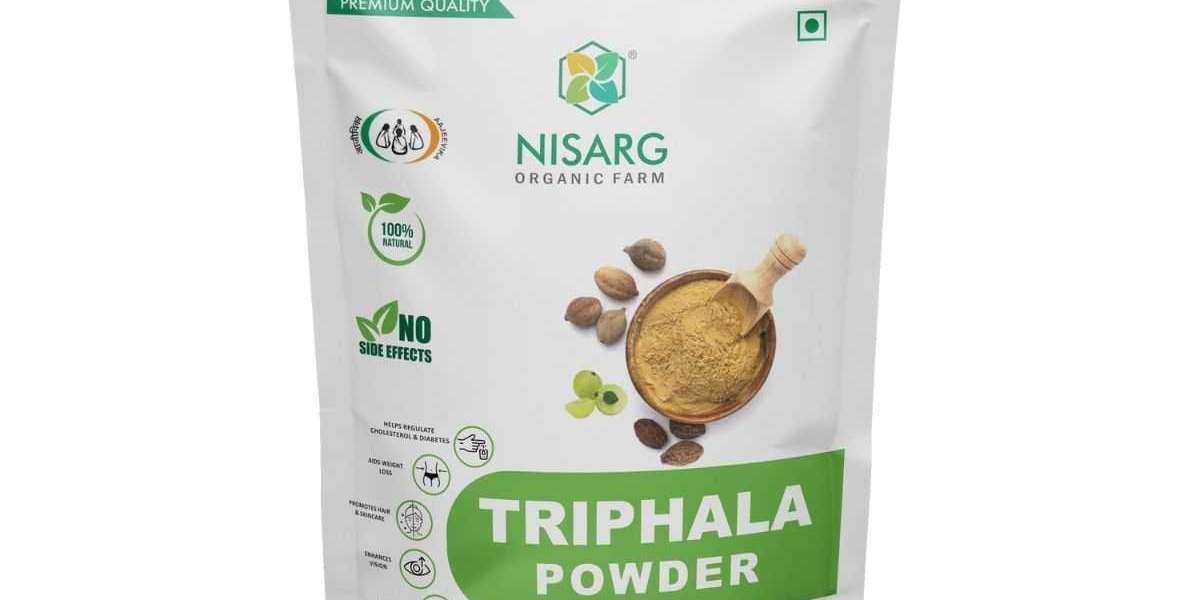Hey! I’ve never considered writing a blog before, in fact I don’t even like the word. I mean why would anybody want to read about anything I have to say, who I am to share my opinion with the world. I’m rubbish with words and my spelling is atrocious (thank you spell check) but maybe, just possibly, there may be 1 person who reads this and I may be able to help them.
The menopause isn’t something I’d ever given much thought to, I turned 40 last year but figured I have at least 5 or 10 years before I had to worry about such things. Last year (the day after my 40th) like so many others (thanks Covid) I was made redundant from my role as a bed specialist for a major retailer when they closed several of their stores. I decided I wanted to continue with the world of sleep but this time to help people. I have always had an obsessive nature, anyone who knows me will tell you I shop obsessively, be it for shoes, bags or my ever growing Emma Bridgewater collection. This does however also mean that when I find a subject I like, I have a need to know more and to keep learning. So I studied and qualified as a OCN Level 5 Sleep Practitioner followed by NCFE Level 2 in Neuroscience from which I created my new business SleepP and became a sleep consultant. During my daily research to know more, it became apparent to me that everyone was talking about the menopause and something called perimenopause?! What on earth is perimenopause and why as a 40 year old woman do I not know about this? I believe that once you hear about something you become more aware of words around that subject and notice them more but all of a sudden they were talking about the menopause on This Morning, on Channel 4 documentaries, on social media and at the hairdresser’s. But in all the things I’ve seen and read, very rarely was sleep mentioned and yet when I listened to people speak about their experiences sleep seems to be one of the first complaints, so in comes me, can I help? I will certainly do everything I can to do so.
Firstly, if like me you had no idea of perimenopause, here’s a little summary (If you know all about it feel free to scroll on). So this is all the NHS have to say on the matter; ‘Perimenopause is when you have symptoms before your periods have stopped. You reach menopause when you have not had a period for 12 months’. https://www.nhs.uk/conditions/menopause/
That’s it? Seriously, that’s shocking! Thanks to Davina McCall, I understand that it’s not just about period changes (and what if you have the coil and no periods?) You can experience night sweats, mood changes and/or lack of labido. All things that can easily be written off as other things, such as busy lives, work, kids and normal everyday stresses. And, it’s not something that begins in your late 40s or early 50s, NO this can begin in your 30s and early 40s. Perimenopause can last for upto 10 years before the menopause. Maybe, I’ve been living in a bubble, maybe this is common knowledge but I didn’t know and maybe you didn’t either.
Back to sleep, it’s reported that a huge 61% of women experience sleep problems during the menopause, brain fog is also another big menopause complaint, my first thought on that is if you don’t sleep you get brain fog so why again is sleep not talked about more around the subject of menopause?
Here comes my neuroscience bit;
The hypothalamus, your body’s control center regulates your body’s temperature.
The brainstem helps the body to regulate all the automatic body functions, including; breathing, heartbeat and your blood pressure but it also plays a special role in regulating your REM sleep. The brainstem is very sensitive to the change in your estrogen levels we experience during the perimenopause and menopause. The hypothalamus and the brain stem work together and this is why we experience night sweats. And night sweats are one of the reasons for loss of sleep during this time.
Whilst on the subject of the brain (an interesting but I feel very important fact), when your estrogen levels drop, your brain ages faster. Research is currently being carried out to learn more about the link between Alzheimer’s and the menopause. So should we be increasing our estrogen intake way before menopause takes place before the damage is done? That’s probably a whole subject in itself but why are we not talking about this more?
Here’s a link if you’d like to know more
https://www.alzheimers.org.uk/about-dementia/risk-factors-and-prevention/hormones-and-dementiahttps://www.alzheimers.org.uk/about-dementia/risk-factors-and-prevention/hormones-and-dementia
It isn’t just the night sweats that are keeping us awake, anxiety and depression are common symptoms, these again contribute to a sleepless night. The changes in hormone levels are the biggest issue, this change in levels alters how we sleep and how we sleep alters our hormones levels, it’s a vicious circle.
So where do we start in helping ourselves to sleep better. There are many different medications, supplements and nutritional ways in which we can take to help. I’m not a doctor so won’t/can’t go into the medical side of HRT etc. and I haven’t yet qualified as a nutritionist (that’s the next course on my list) but I have covered some nutrition in my sleep training and I will share that with you. If you are aware of me already you will know that I am a holistic sleep coach and I do believe in keeping things as natural as possible, I am becoming as many are, much more aware of what I’m putting into mine and my families bodies. Along with my need to know more about subjects I enjoy (nutrition being one of them) my husband became very unwell last year resulting in many months in and out of hospital, this led to expanding on the nutrition training in my courses and realised we needed to take a hard look at the way we eat. Medical science is amazing but I believe in looking after myself and my family in as natural a way as possible. What I am trying to say here (I told you I wasn’t very good with words) is that this is my opinion, my way of working and by no means a replacement for medical advice.
Consistency, routine and structure are a sleep consultant’s favourite words, be it for a baby, child or adult. There are things we can do to help ourselves;
- Go to bed and wake up at the same time each day (even at weekends)
- An hour before bed turn off your phone, dim the lights, create a sense of calm
- Keep a notebook next to your bed. Jot down random thoughts, get them out of your head
- Avoid caffeine and alcohol in the evening
- Avoid hot and spicy foods in the evening
- Create a sense of calm and relaxation in your sleep environment
- Open the window a little, yes even in the winter, trust me it’s good for you. My husband and I have an ongoing game, I open the window and he closes it. We don’t even talk about it anymore. I just keep reopening it (hubby, if you read this, just leave it open!)
- Use natural bedding to allow better breathability
- Try some gentle yoga, breathing exercises or meditation
A small well chosen snack before bed may also help, you don’t want to go to bed feeling full but you shouldn’t be going to bed hungry either.
Tryptophan is a natural amino acid and is the precursor to melatonin (the sleep hormone) and is also the neurotransmitter for Serotonin (the happy hormone).
As well as its effect on your sleep, tryptophan is known to have a positive impact on:
- Mood
- Depression
- Learning
- Memory skills
- Visual cognition
- Aggression control
All things that again pop up when discussing peri post menopause.
Tryptophan can be found in foods such as:
- Milk
Whole Milk is one of the largest sources of tryptophan, including 732 milligrams per quart. 2% reduced fat milk is also a good source, coming in at 551 milligrams per quart. - Canned Tuna
Canned tuna is another good source of tryptophan, including 472 milligrams per ounce. - Turkey and Chicken
Contrary to popular beliefs, turkey is a large source of tryptophan, but it is not the largest. Light meat contains 410 milligrams per pound (raw) and dark meat contains 303 milligrams per pound. Chicken also contains high amounts of tryptophan, with light meat containing 238 milligrams per pound, and dark meat containing 256 milligrams per pound. - Oats
Prepared oatmeal can also be a good source of tryptophan, with 147 milligrams per cup. - Cheese
Though not as high in tryptophan as meat and other dairy sources, cheddar cheese contains 91 milligrams of tryptophan per ounce. - Nuts and Seeds
- Peanuts, an example in this category, contain 65 milligrams per ounce.
- Bread
Whole wheat bread can contain up to 19 milligrams per slice, and refined white bread can contain 22 milligrams per slice. - Chocolate (YES!)
Chocolate can contain up to 18 milligrams of tryptophan per ounce. - Fruits
Some fruits can also be a good source of tryptophan. For example, a medium-sized banana contains approximately 11 milligrams of it. Additionally, a medium-sized apple contains approximately 2 milligrams of tryptophan, while a single prune contains 2 milligrams of this amino acid.
So choosing the correct snack as part of your bedtime wind down time can actually help you fall asleep and stay asleep. This snack shouldn’t be more than around 200 calories, an example would be peanut butter on a wholemeal cracker and a glass of milk or a yogurt with a handful of nuts.
This link will take you to Hulls’ NHS Teaching Hospital website and has some great information on naturally increasing your estrogen levels https://www.hey.nhs.uk/patient-leaflet/menopause-and-natural-ways-to-cope/2wd
Alongside my Sleep Consultant business, I am an independent consultant for Neal’s Yard Natural Remedies. We should be looking at what we put in our bodies. We should be concerned with what we put on it, NYR offers natural organic skincare products. They have a fabulous range of sleep products to compliment your sleep routine. For more product information please visit uk.nyrorganic.com/shop/lucindasteeden
Sleep affects so many aspects of our everyday lives, health general well-being. It affects your mood, your weight, your relationships, your energy levels, memory problems and so much more, so menopause or not follow me for lots of useful sleep tips.
Whether you’re reading this because you’re experiencing menopausal symptoms already, you want to understand what to expect in the future, or you have a general interest in sleep, you should start now by introducing a sleep routine. There is so much more that can influence and support your sleep pattern during the menopause but I’m sure you’ve had enough of my opinion now. I really do hope this has helped someone. If you’d like any further information on sleep during the peri post menopause or any sleep help in general, I offer personalised sleep plans for babies, children adults and sleep environment packages, just drop me a message.
I am a Holistic Sleep Consultant, any information I provided does not replace medical advice.








